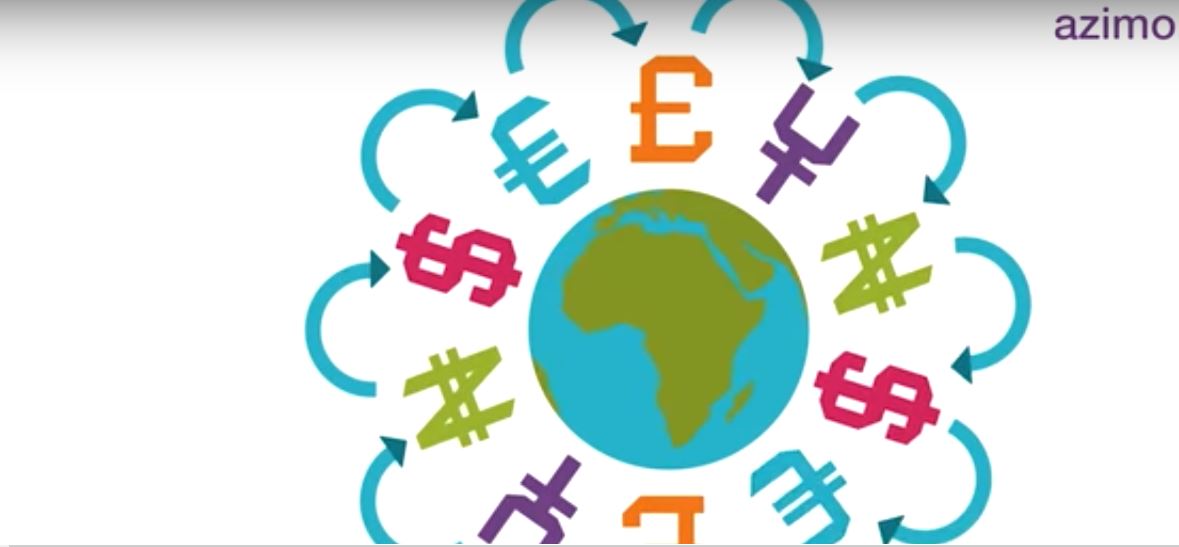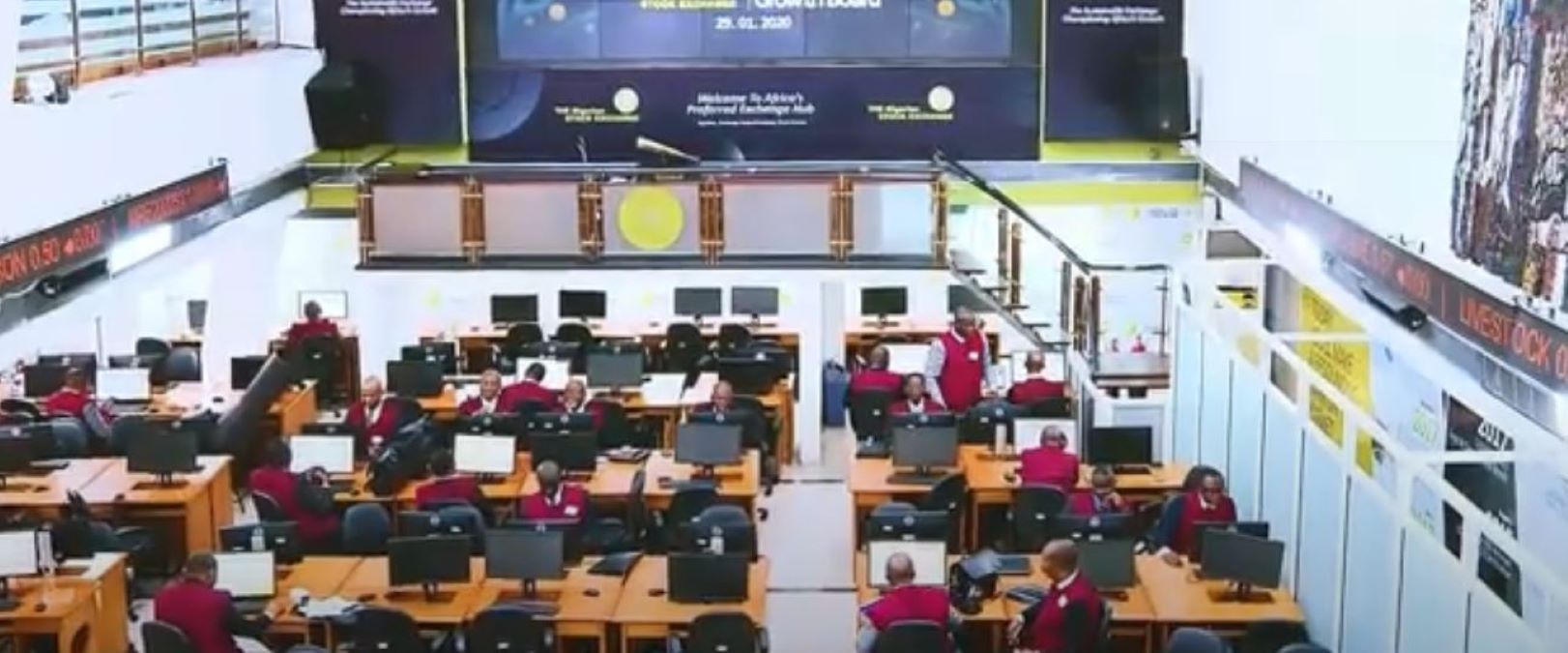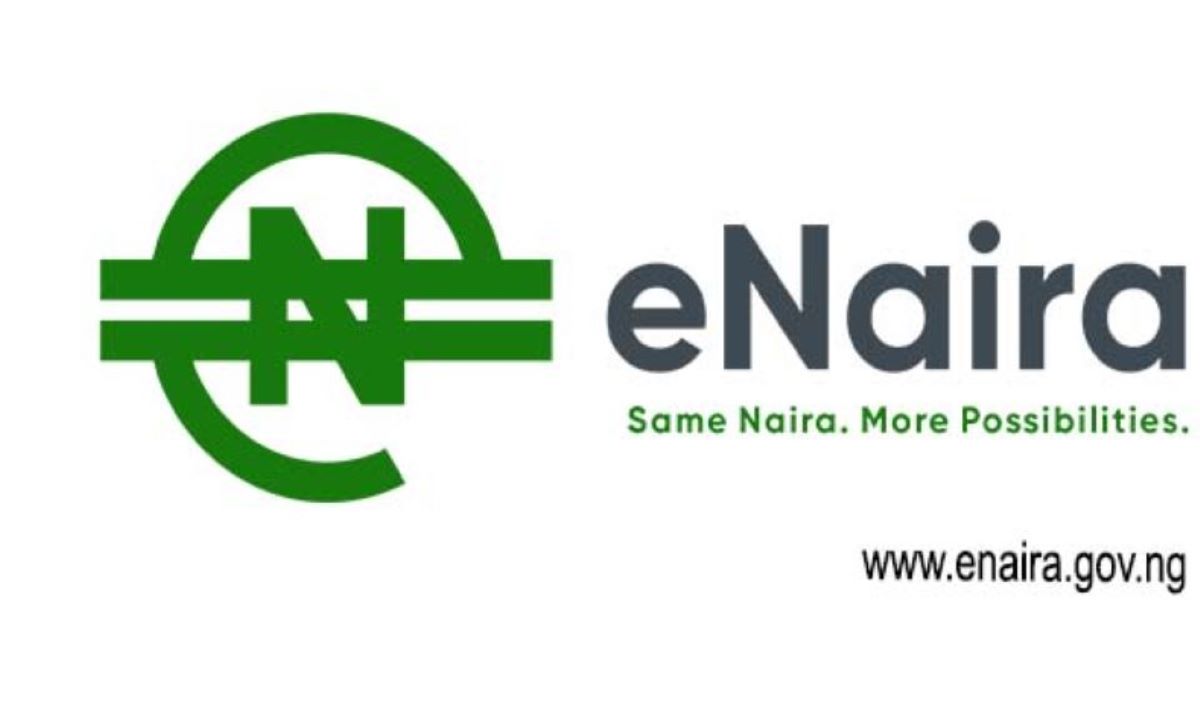Nigeria recorded an annual inflation rate of 17.93% in May, the National Bureau of Statistics, NBS published on Tuesday.
Having fallen for the second straight month, the recent naira devaluation and rising food prices are having lesser impacts at present.
However, this does not take away the CBN inflation target factor of 6% to 9% which is a far cry.
- Nigeria is a low ranking country in the overall regional integration of Africa
- The Parallel Market Should Not Determine Naira Exchange Rate – CBN
- Nigeria: Exchange rate unification by CBN is a key part of economic recovery
In May, the NBS report shows a 44 basis points food index decline, to 22.28% from the previous month’s 22.72%.
Food index rose due to increases in prices; Bread, Cereals, Milk, Cheese, Eggs, Fish, Soft drinks, Coffee, Tea and Cocoa, Fruits, Meat, Oils and fats and Vegetables.
Up to 70% of the total increase in inflation in Nigeria over the past year are attributed to food.
Core inflation in May rose 41 basis points to 13.15%.
Prices of pharmaceutical products, garments, shoes, motor cars, hospital services, fuels drove the rate.
Naira devaluation
The CBN constantly devalues the naira against the dollar on the official market as a possible unification of all exchange rates.
A weaker naira, currently quoted at over a 3-1/2 year low of 500 per dollar on the black market will most likely fire up more inflation in the next months and stir new price increase.
Nigeria’s economy exited recession in the fourth quarter of 2020, but the country falls behind on food inflation and insecurity as well as increasing poverty as the World Bank noted on Tuesday.




